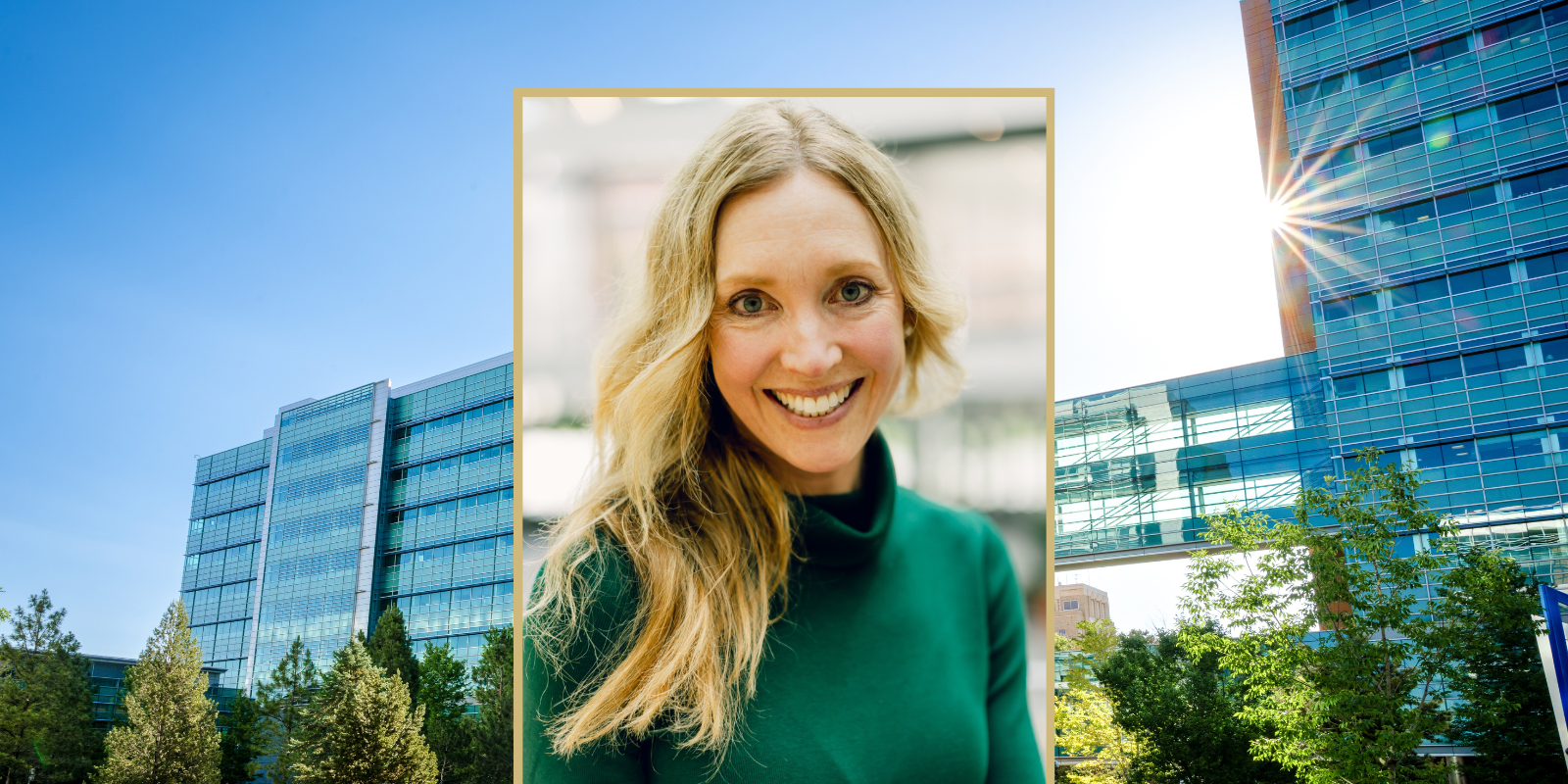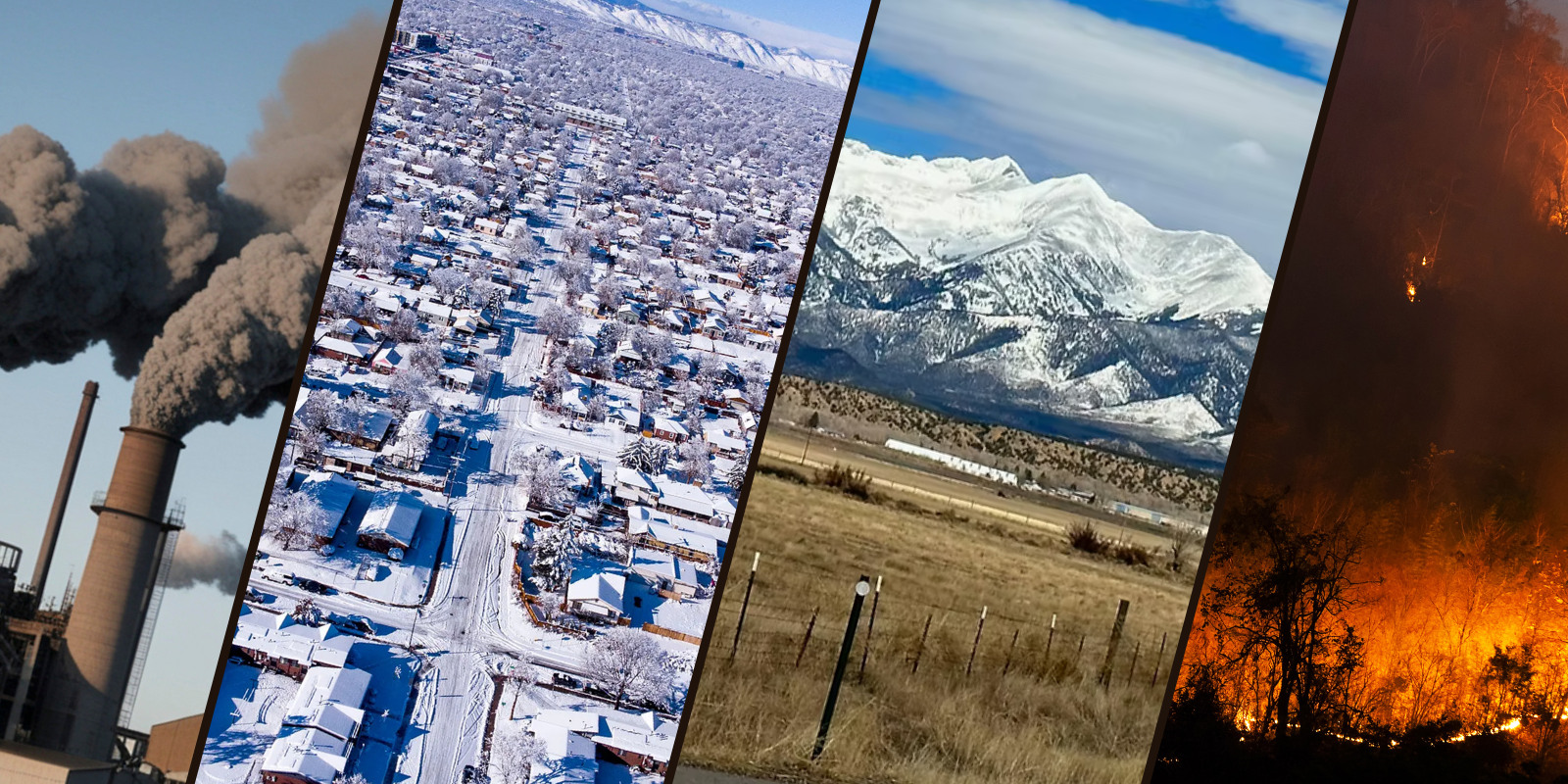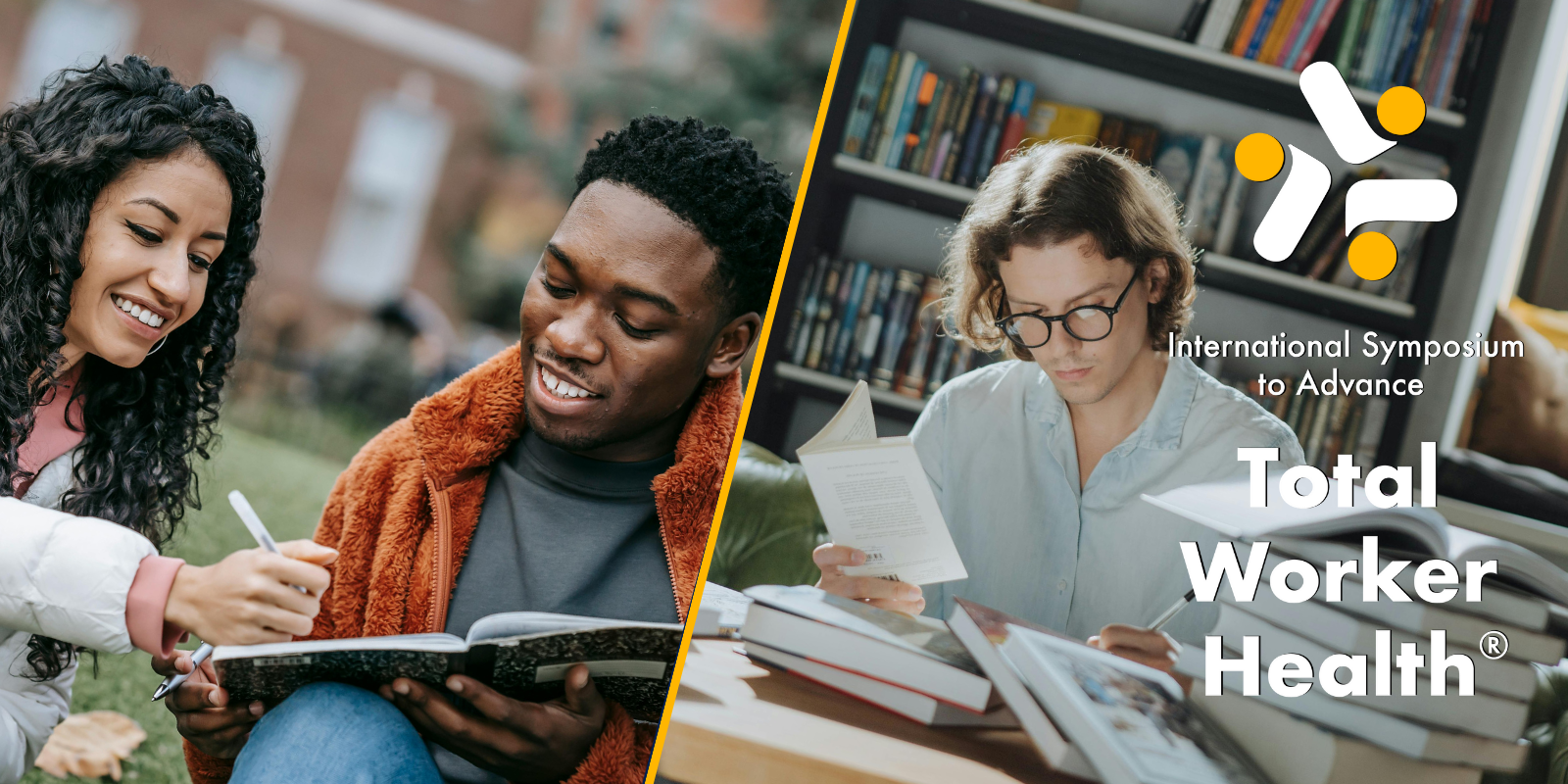Dr. Liliana Tenney, DrPH, MPH, Director of Outreach and Programs at the Centers for Health, Work & Environment, reflects on global collaboration, shared challenges, and the urgent need to protect at-risk workers in her blog post.
Earlier this month, I had the honor of presenting in the 10th international webinar on Occupational Health for Small-Scale Enterprises and the Informal Sector in the Americas, hosted by the ICOH (International Commission on Occupational Health) National Secretary for Peru. These webinars, which have grown into an essential platform for international exchange, continue to spotlight an urgent and often overlooked priority in worker health: ensuring protections and resources for workers in small enterprises and the informal economy.
Informal Workers: Workers who are often left out of traditional labor laws and social protections–despite facing some of the highest risks. Examples include street vendors, day laborers, domestic workers, informal construction workers and garment workers. Read more about informal workers and the informal economy here.
This webinar sparked a deep sense of reflection for me - not just on the content of our work, but on the journey. It brought me back to one of the most formative experiences of my early career: attending the 31st International Congress on Occupational Health in 2015 in Seoul, South Korea.
That Congress was my first ICOH meeting, and it left a lasting impression. It was a powerful convergence of ideas, perspectives, and people who were all committed to advancing occupational health on a global scale. I was there alongside Dr. Lee Newman, colleagues from our occupational health team, and one of our graduate students in the MPH program.
 Among the scientific sessions and international collaborations, one of the best adventures of the week was spontaneous and unforgettable (and famously reckless). We rented bikes and rode through the city at sunrise to the Seoul fish market—dodging traffic, navigating alleys, and laughing the entire way. It was one of those moments that lives on in your memory not just for the sights or the smells, but for the shared sense of camaraderie, curiosity, and joy in discovery.
Among the scientific sessions and international collaborations, one of the best adventures of the week was spontaneous and unforgettable (and famously reckless). We rented bikes and rode through the city at sunrise to the Seoul fish market—dodging traffic, navigating alleys, and laughing the entire way. It was one of those moments that lives on in your memory not just for the sights or the smells, but for the shared sense of camaraderie, curiosity, and joy in discovery.
Since that first Congress, I’ve come to appreciate how ICOH serves not only as a professional home but also as a bridge across disciplines, languages, and borders. The Scientific Committee on Occupational Health for Small-Scale Enterprises and the Informal Sector (SWA) exemplifies that spirit. Their work brings attention to the millions of workers globally who labor outside the formal economy and face the greatest risks, yet often the least protected.
At the recent webinar, I was grateful to join a panel of distinguished colleagues who brought regional insight and lived experience to the conversation:
- Jose Miguel Tejeda (Mexico), Occupational Medicine Physician and National Coordinator of the Pneumoconiosis Observatory.
- Janice Green (Jamaica), Certified Safety Professional and advocate for worker protections across the Caribbean.
- Àlvaro Arrivillaga (Guatemala), physician and professor advancing occupational health systems in Central America.
- Edgar Correa (Colombia), researcher and member of Colombia’s Disability Rate Board, working to improve disability evaluation and policy.
Each speaker highlighted the shared challenges facing informal and small-scale workers in their regions - limited access to services, lack of regulatory oversight, and high exposure to occupational hazards. And yet, through this dialogue, we also surfaced shared strategies: strengthening community partnerships, improving training and education, and bringing visibility to the needs of workers too often left out of the conversation. while emphasizing our shared goal: to build systems and strategies that ensure all workers, regardless of the size of their employer or the formality of their job, can work safely and live with dignity.
In my presentation, I spoke about the approaches we’ve taken at the Centers for Health, Work & Environment at the Colorado School of Public Health to bridge Total Worker Health® with public health practice across all workplaces. Our work with small businesses and underserved worker populations in the U.S. has taught us that listening to community partners, adapting to context, and building trust are essential for success. These same values were echoed by the other presenters and resonated across country lines.
Reflecting on this webinar and my ongoing involvement with ICOH, I am struck by the continuity and evolution of our shared mission. As the world of work continues to change through climate challenges, technology shifts, and evolving labor markets, the work of ICOH and this specific scientific committee becomes more urgent. It is not only about advancing science, but about upholding justice for the workers who are so often left behind in public health policy and practice. I am reminded that this work is about more than science. It’s about people. It’s about persistence. And it’s about a shared belief that every worker, regardless of the formality of their job or the size of their enterprise, deserves the right to a safe, healthy, and dignified working life.






